Motegi Town , Tochigi栃木県茂木町
Living in Motegi Town, Tochigi
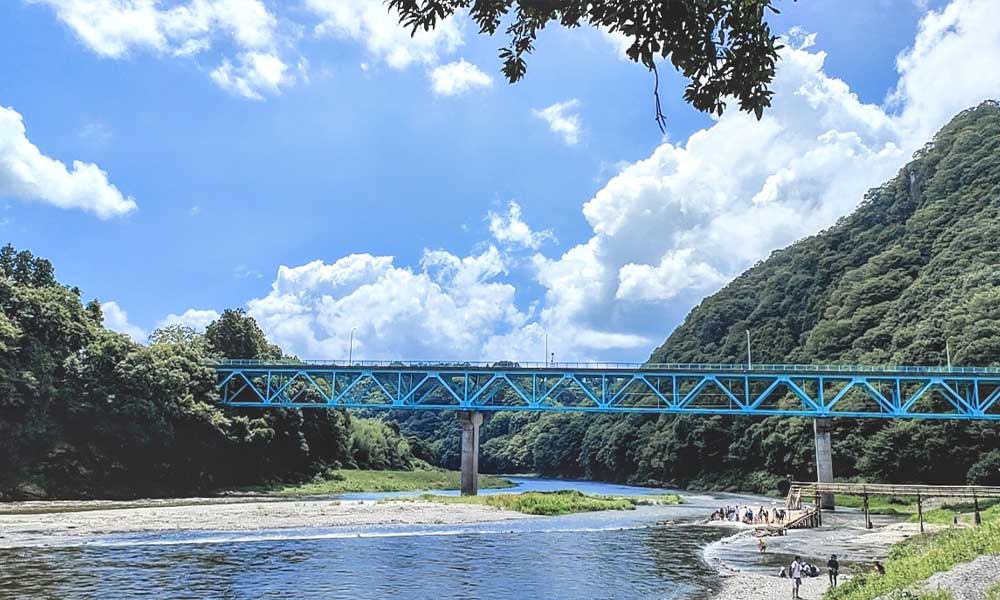
We have Summarized the livability of Motegi Town, Tochigi.
EASTERN AREA県東地域
CONTENTS
- What kind of place is Motegi Town?
- Motegi TownPR video
- How is the traffic situation in Motegi Town?
- How are the rent and land prices in Motegi Town?
- How is childcare and education in Motegi Town?
- How about shopping in Motegi Town?
- How about jobs and recruitment in Motegi Town?
- Motegi Town’s unique subsidy/subsidy system
What kind of place is Motegi Town, Tochigi?
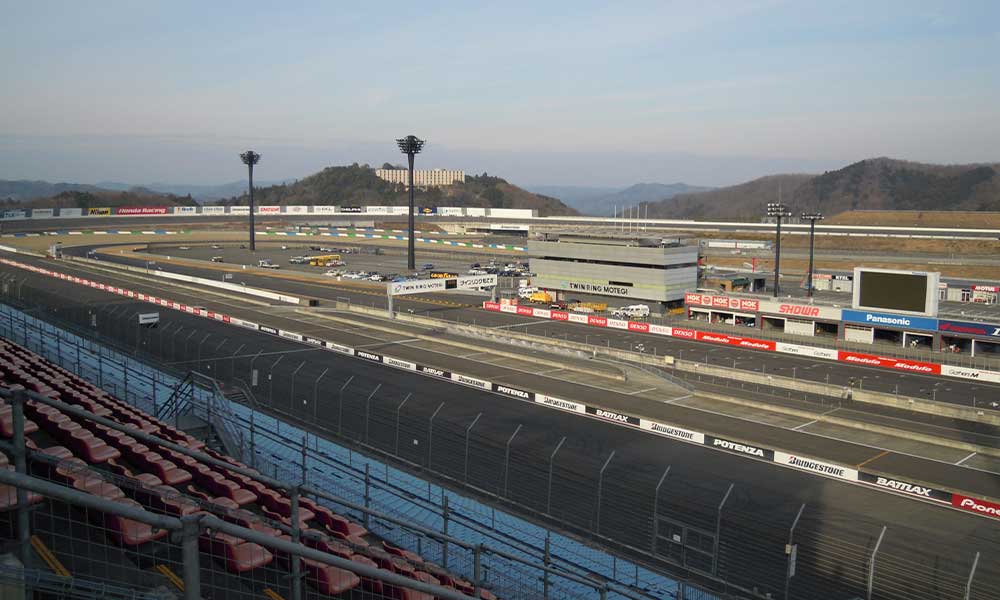
Motegi Town: A town where you can enjoy an active lifestyle centered around motorsports
Motegi Town is located in the southeastern part of Tochigi Prefecture, covering an area of about 172.69 square kilometers.
It borders Nasukarasuyama City to the north, Mashiko Town to the east, and Kasama City in Ibaraki Prefecture to the south and west.
The population is approximately 11,000, with about 4,000 households (as of December 2023).
It is situated 31 km from Utsunomiya City, 36 km from Mito City, and within 100 km of central Tokyo, with about 70% of its land area covered by forests in the Yatsugadake mountain range.
The Naka River flows through the northern part of the town, where rich nature remains, including the “Ishihata Terraced Rice Fields,” which is selected as one of Japan’s Top 100 Terraced Rice Fields.
Motegi Town is also a place with a rich history, with remnants from the Paleolithic era. In the Kamakura period, the influential vassal Hatta Tomokata was appointed to the land steward position of Motegi District, and his son, Tomokata, built Kikyō Castle on the current Shiroyama, changing their family name to Motegi, which also became the origin of the town’s name.
The town was established in 1889 when town status was enacted during the Meiji period.
The Naka River, known as one of the clearest streams in the Kanto region, is famous for the natural sweetfish and salmon that migrate upstream.
The Oose Kanko Yana located around the Oose area offers the experience of catching sweetfish on a bamboo structure called “yana.”
This popular spot boasts the largest fishing area in Japan, with peak fishing from late September to the end of October. The facility also has dining options where visitors can enjoy fresh sweetfish dishes and grill the fish they catch on-site over charcoal.
The Mobility Resort Motegi is a representative resort facility of Motegi Town.
Renamed in 2022 from “Twin Ring Motegi,” the expansive area includes Japan’s largest circuit, as well as athletic activities, a three-dimensional maze, and zip lines, divided into seven zones.
With hotels and camping villas on-site, it attracts many tourists from afar and is always bustling with activity.
This facility also hosts a large event called “Fireworks Festival” every summer, held within the racecourse, where visitors can enjoy fireworks at eye level and unique performances synchronized with music.
PR video of Motegi Town, Tochigi
Why not start your life at Motegi?
Motegi Town’s relocation support system
Promoting the trial home “Motegi Living Center” (Motegi Town)
Today in Mogi Town (Spring ver.)
Today in Mogi Town (Summer ver.)
Today in Motegi Town (Autumn ver.)
Today in Mogi Town (winter version)
How is the traffic situation in Motegi Town?
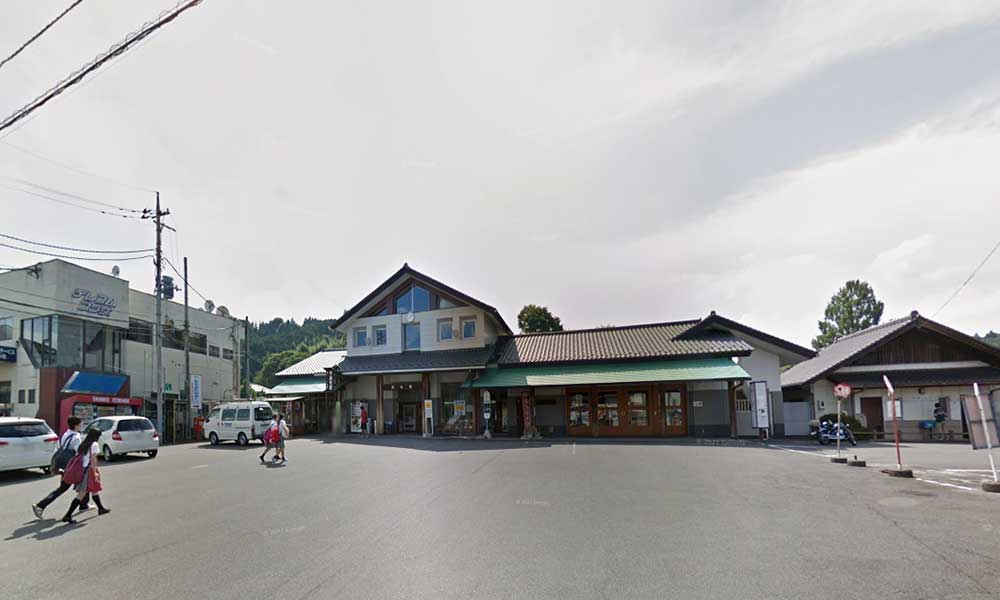
Traveling by car is the norm, but you can also get around Mogi Town by bus or train.
Mogi Town is served by the Moka Railway, which runs from Shimodate Station through Mashiko Town and terminates at Mogi Station, and has two stations, Mogi Station and Amanaba Station.
There are two national highways that run through Mogi Town: National Highway 123, which connects Hitachi-Omiya City in Ibaraki Prefecture in the east to Mashiko Town in the west and crosses Mogi Town from east to west, and National Highway 294, which runs through the northwest part of Mogi Town.
JR Bus Kanto, Ibaraki Kotsu, and Nasukarasuyama Municipal Bus are available for buses in Mogi Town. You can also use the pre-booked shared taxi “Demand Kotsu Meguru-kun.”
There is almost no traffic congestion, so driving is comfortable. There are also trains and buses, so it is convenient for traveling within the area.
There are few trains, and it is inconvenient to get to the city center as you have to transfer and it takes a long time.
How are the rent and land prices in Motegi Town?
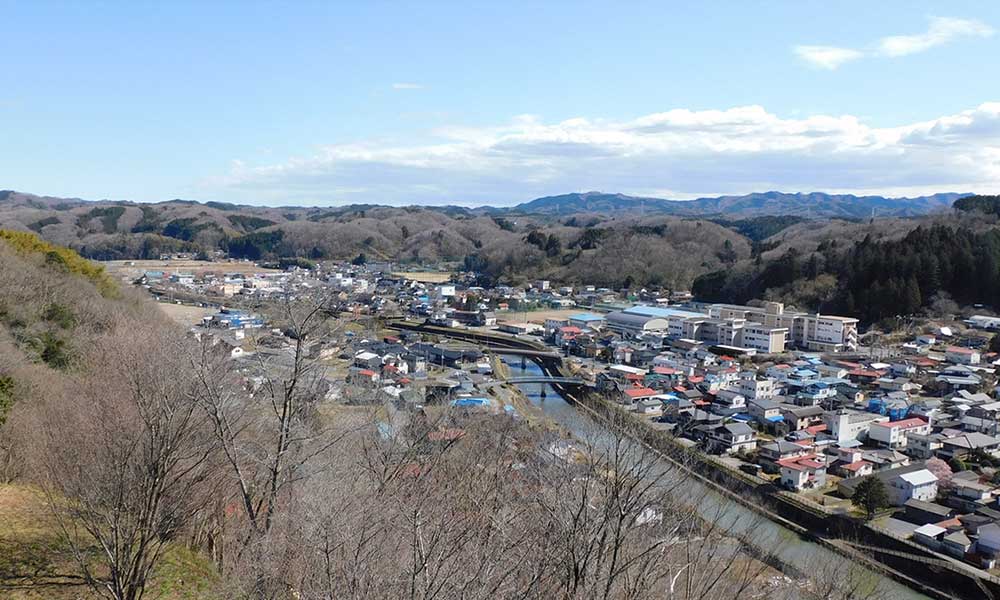
Mogicho is a town with a variety of housing options, including new builds, second-hand homes, and rental properties.
According to information from a real estate information website, the average rent in the city for a newly built apartment within a 10-minute walk from the station is about 54,000 yen for a 1K and 73,000 yen for a 2DK. The average land price per tsubo is about 50,000 yen per tsubo.
Mogicho has seen active development of leisure spots in recent years, making it a popular area for those looking for an active lifestyle.
With many outdoor and leisure spots, this area is popular among the younger generation and is expected to have a bright future.
There is little public transport in the area, making it difficult to get to the city centre.
How is childcare and education in Motegi Town?
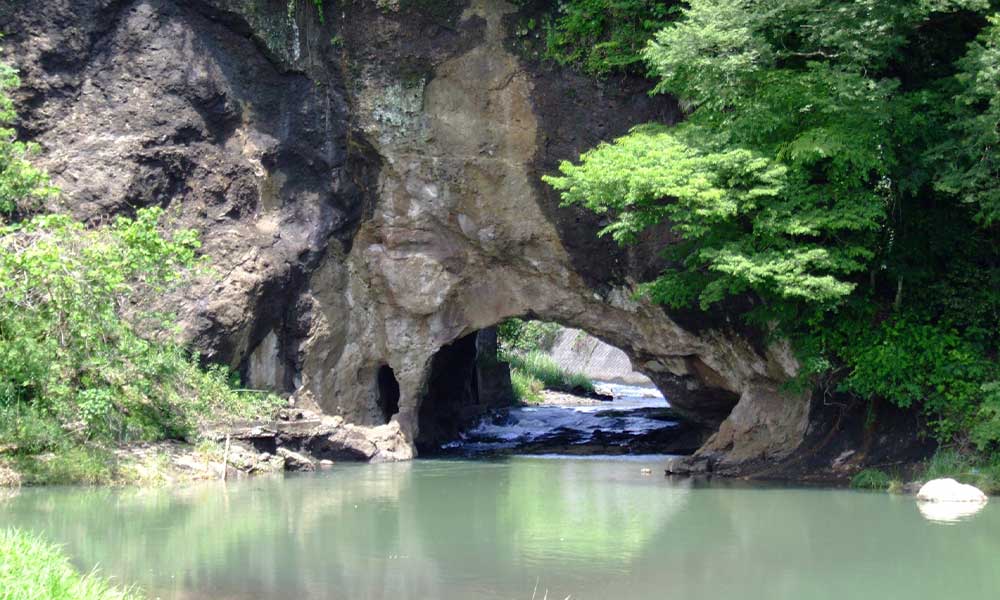
Mogi Town is a town with an excellent educational environment, childcare support facilities, and an active environment.
In Motegi Town, there are 4 nursery schools, 1 kindergarten, 4 elementary schools, 1 junior high school, and 1 high school.
The Child Medical Expense Subsidy System is available for children under 18 years old (up to March 31 after turning 18), covering both outpatient and inpatient expenses in full.
As a child allowance, 15,000 yen is provided for the first child under 3 years old, 10,000 yen for the first and second children aged 3 and above until they enter elementary school, and 15,000 yen for the third child and beyond, along with 10,000 yen for junior high school students.
Motegi Town has a variety of unique support measures.
The Childbirth Celebration Grant provides 100,000 yen for each child to applicants who have lived in Motegi for more than six months from the child’s date of birth.
The Childbirth and Child-Rearing Support Gift grants 50,000 yen to households with babies who have completed the Hello Baby Visit program.
Additionally, there are programs such as Subsidy for Infant Diaper Purchases, actively supporting families with children.
There are almost no children on waiting lists for childcare facilities, and after-school care is available at elementary schools.
There are few educational institutions and limited transportation options, making travel cost and time consuming.
How about shopping in Motegi Town?
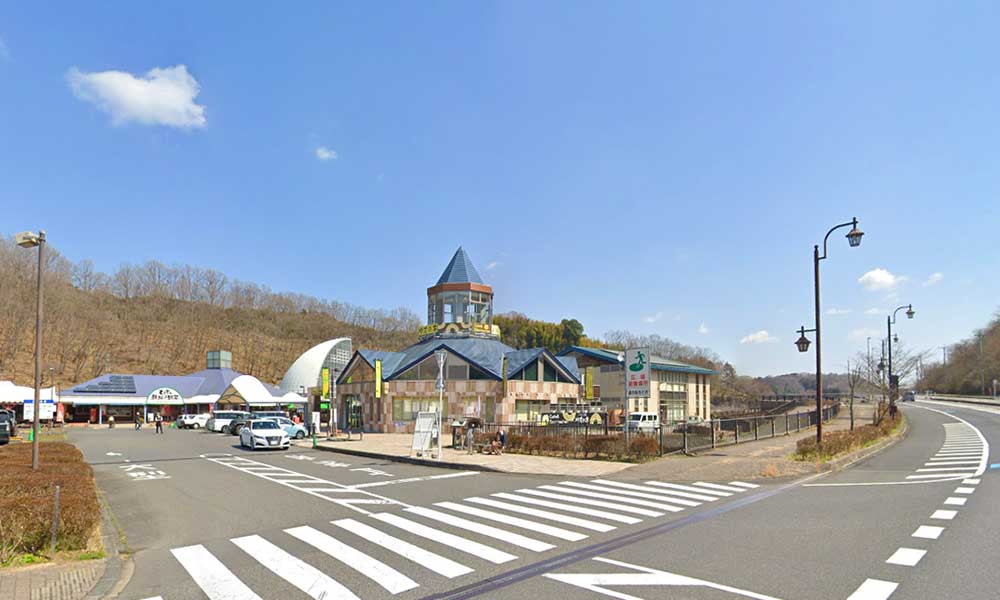
Mogi Town is a town with everything from supermarkets to roadside stations, where you can buy a variety of products, including local specialties.
In the town, there are supermarkets, home centers, and convenience stores mainly along National Route 123 and Prefectural Route 51, but there are not many shops around the two stations of the Moka Railway. It is convenient to have a car or bus for shopping in this area.
For groceries and daily necessities, there are two supermarkets in town, such as “Kamashin Mopia” and “Motegi Agri Plaza,” along with local stores. Additionally, the roadside station, drugstore food sections, and convenience stores serve as places to purchase items.
The Motegi Roadside Station is located about a 10-minute walk from the Moka Railway’s “Motegi Station” along National Route 123.
You can buy fresh local agricultural products and sweets made with yuzu, a local specialty, and there is also a square with a restaurant and playground equipment. Opened in 2016, the Baumkuchen factory allows visitors to purchase freshly made Baumkuchen, which is highly praised by customers for its taste.
The Moka Railway, which runs right next to the facility, is also popular as a photo spot for the regularly operating steam locomotives.
Kamashin Mopia store not only sells groceries, but also has a 100 yen shop and a drug store, making it convenient to have everything in one place.
There are few complexes or fashionable shops, so if you want to enjoy shopping, you will have to go to other areas.
How about jobs and recruitment in Motegi Town?
Mogi Town: A wide range of job opportunities available, from leisure service industries to agriculture
The average annual income in Motegi Town is 2.68 million yen.
The main industry in Motegi Town is agriculture, with active production of rice, citrus fruits like yuzu and ume, as well as shiitake mushrooms.
The town offers the New Farmer Settlement Support Project for those looking to start farming.
The subsidy covers housing repairs, cleaning, and the purchase of simple agricultural equipment, up to 100,000 yen (half of the purchase or repair costs).
(Eligibility requirements include being under 55 years old, among others.)
There are hardly any large companies in the town, and the sectors with a certain number of job openings are closely related to daily life, such as medical institutions, nursing facilities, and childcare services.
A convenient resource for obtaining job information is the “Hello Work Moka Motegi Branch – Motegi Job Center,” located within the Motegi Town Hall premises. There are two career counselors and one employment development specialist available to assist with job searches.
There are also job openings in the agricultural, medical and nursing fields, and it is possible to work within the town. We are also recruiting at Mobility Resort Motegi.
Those who work in urban areas may find commuting to work difficult.
Motegi Town, Tochigi’s unique subsidy/subsidy system
Motegi Town, Tochigi’s unique relocation assistance and relocation subsidy system
| Promotion of migration and settlement of the younger generation Trial Housing “Motegi Living Center” |
Motegi Town, Tochigi’s unique housing assistance and subsidy system
Motegi Town, Tochigi’s unique childcare support system
Motegi Town, Tochigi’s unique system for further education and tuition assistance/subsidies
| School Assistance Scholarship Student Recruitment Motegi Town Scholarship Fund Repayment Exemption System |






